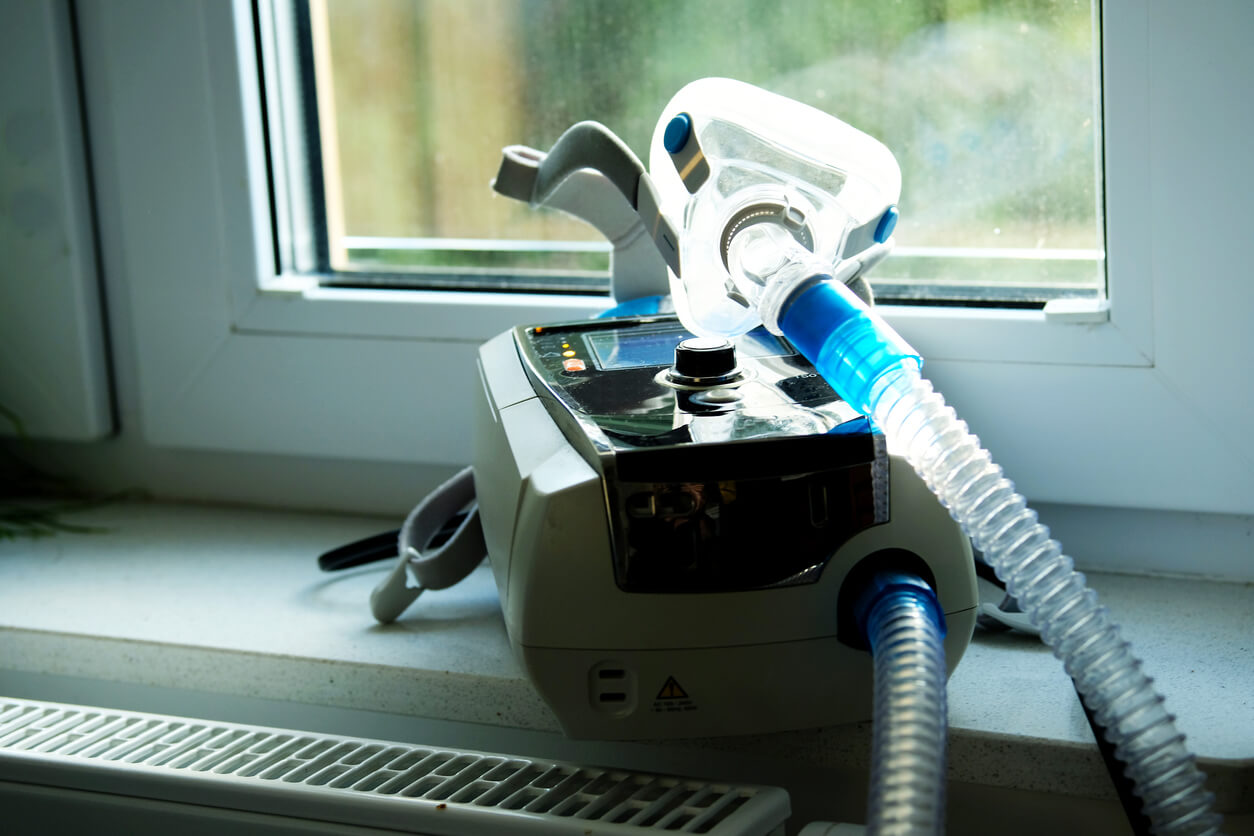FDA: Philips Respironics Must Fix or Refund Recalled Sleep Devices
Editors carefully fact-check all Consumer Notice, LLC content for accuracy and quality.
Consumer Notice, LLC has a stringent fact-checking process. It starts with our strict sourcing guidelines.
We only gather information from credible sources. This includes peer-reviewed medical journals, reputable media outlets, government reports, court records and interviews with qualified experts.

A U.S. district court ordered Philips Respironics to stop making and selling certain sleep therapy machines until they meet compliance requirements, according to the U.S. Food and Drug Administration.
The consent decree mandates a recall remediation plan to offer all affected patients new devices, reworked machines or partial refunds, following a 2021 recall because of health risks from the sleep apnea machines.
“The finalization of this decree is a significant milestone. Throughout this recall, we have provided patients with important health information by issuing numerous safety communications and have taken actions rarely used by the agency to help protect those impacted by this recall,” said Jeff Shuren, M.D., J.D., director of the FDA’s Center for Devices and Radiological Health.
“[This] action is a culmination of those efforts and includes novel provisions aimed at helping ensure that patients receive the relief they have long deserved. This also marks the first time a device company is providing a remediation payment option for a recalled device under a consent decree.”
Philips CPAP and BiPAP machines have struggled to maintain quality in recent years after the company recalled 15 million devices in 2021. Sound abatement foam inside the machine was found to degrade during use. Users inhaled or swallowed bits of black foam and certain chemicals because of the PE-PUR degradation in the machine.
Users affected by the issue report serious injuries and even death, according to the FDA.
People have filed Philips CPAP lawsuits against the company, seeking compensation for injuries they say were caused by the defective machines. Lawyers are still taking cases.
DOJ Alleges Philips Violated FD&C Act
The Department of Justice filed a complaint against Philips Respironics, alleging the company sold medical devices that didn’t meet quality standards, which violated the Federal Food, Drug, and Cosmetic Act (FD&C Act).
In the complaint, the DOJ stated the devices were misbranded because Philips failed to report modifications to the machines to the FDA as required.
“The complaint further alleged that additional violations of current good manufacturing practice requirements were observed at Philips Respironics’ Mt. Pleasant, Pennsylvania, facility in 2023, and during several inspections of its subsidiary’s facility in Carlsbad, California, which has ceased manufacturing operations,” according to the FDA.
Millions of impacted Philips CPAP and BiPAP machines were also manufactured at the Murrysville and New Kensington facilities in Pennsylvania, according to the Department of Justice.
Recall Remediation Plan
Philips mandated recall remediation plan specifies actions the company must take to address issues with the recalled devices and detailed remediation options and timelines.
The plan includes these steps:
- Remediation Options: Offer patients new or reworked devices of the same or equivalent model with a renewed warranty. Philips may also issue refunds to patients for certain models.
- Communication Requirements: Philips is required to make multiple attempts to contact affected patients or medical equipment providers. Patients are required to register the device’s serial number, select a remediation option, and provide prescription information.
“Medical device manufacturers have a responsibility to comply with requirements designed to ensure the safety and effectiveness of their products,” Principal Deputy Assistant Attorney General Brian Boynton, head of the Justice Department’s Civil Division, said in a press release.
“[This] action reflects our commitment to vigorously enforce federal law and prevent manufacturers from marketing adulterated and misbranded devices to vulnerable patients who need them.”